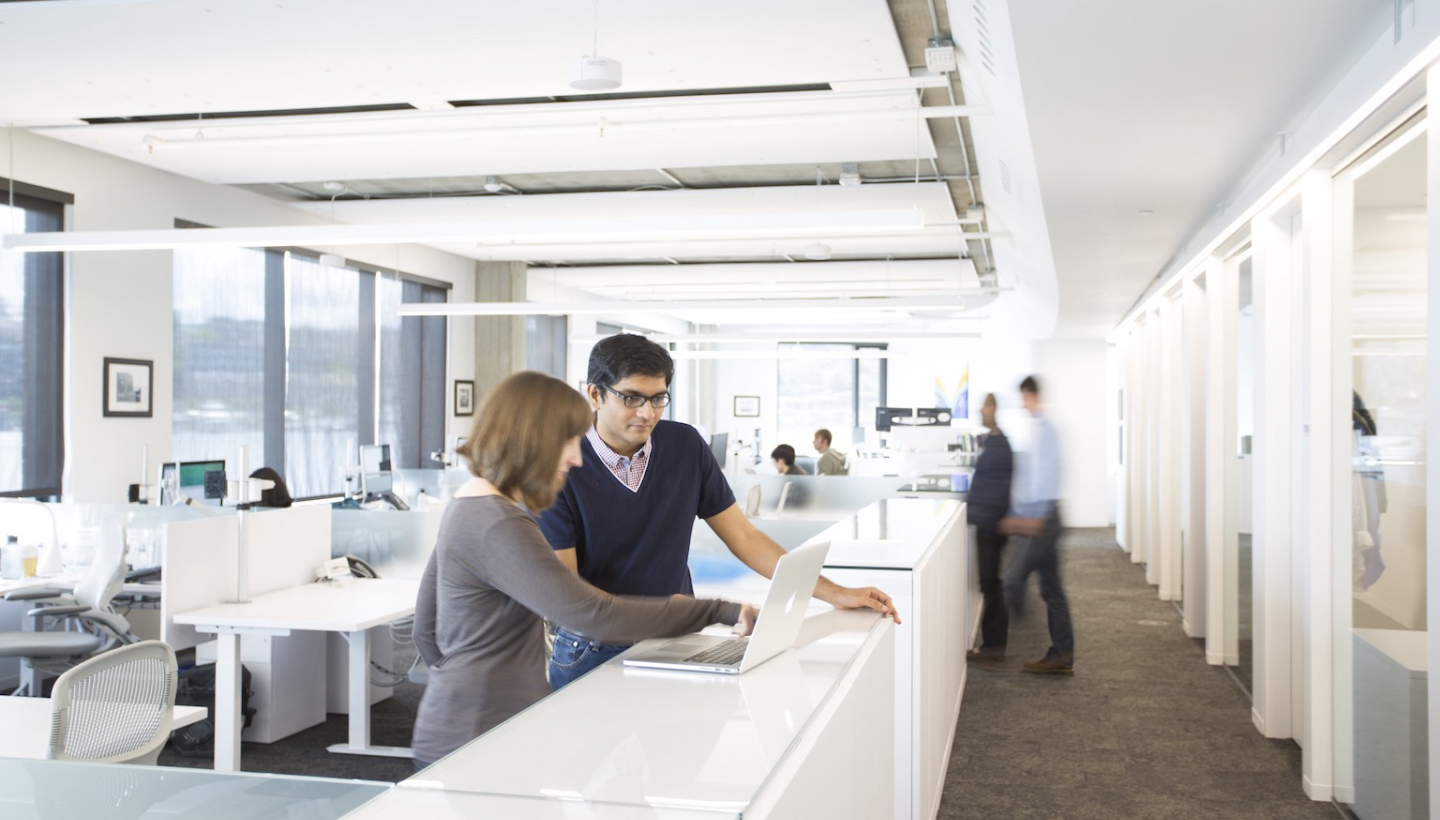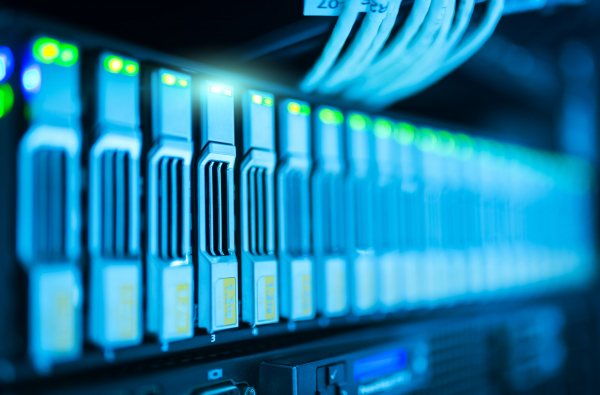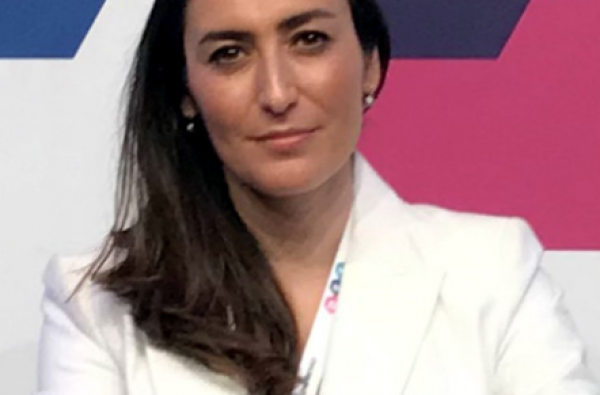Passionate about Artificial Intelligence (AI) for decades, Paul Allen, business man, investor and philanthropist (as well as co-founder of Microsoft along with Bill Gates), had a vision. I knew that AI would become a tool to solve the issues that required the most attention.
In 2014 (4 years before his death) Allen founded the Allen Institute for AI (AI2), a research institute focused on making scientific advances using artificial intelligence as a starting point. With more than 100 scientists and AI experts from all parts of the world, AI2 prides itself on the diversity and associations of its team. The focus is not on designing business models, but AI models that benefit humanity.
The projects developed there are funded by the institute, which gives researchers freedom and encourages them to dare to seek answers for some of the biggest challenges in the field.
Carissa Schoenic, Senior Program Manager and Communications Director at AI2, works on defining, driving, and communicating the future of AI. Carissa has spent over a decade working at the forefront of artificial intelligence and computational knowledge initiatives. Before joining AI2 in 2014, she managed computable data and natural language parsing efforts for the Wolfram Alpha knowledge engine, as well as implemented leading-edge computational cloud support features and environments for Amazon Web Services.
In her conversation with Cecilia Nicolini, director of the Opinno Research Center, within the framework of conference MIT EmTech Digital LATAM 2019, Carissa comments on the research she is carrying out to understand how language generators that can produce fake news. Her goal is to design detectors that alert humans that the content they are taking as true, is not.
Asked about the contribution offered by the AI2 to achieve that inclusion and diversity that is so necessary in this field, Carissa said that “The institute grants scholarships for women and minorities with little representation for coding programs, and this is essential since they not only need experts in computer science, but also diverse profiles from all fields and degrees of expertise to create democratic and effective AI. ”
Optimistic and visionary, she concluded by saying that “AI has the potential to transform our society, and the challenge of shaping the development of AI is ultimately the challenge of shaping our future. We are at an important point of technological inflection, and it will be up to us to responsibly balance our desire for greater intelligence and autonomy with the corresponding risks in this powerful technology. AI is an expression of the people who build and use it, and AI will empower humanity if we strive to get there. ”
Oren Etzioni, CEO of AI2, says that the most remarkable thing about this institute is that "because we are working at the forefront, failure is definitely an option, although failure to measure and analyze our progress is not."
Link to complete interview below:



